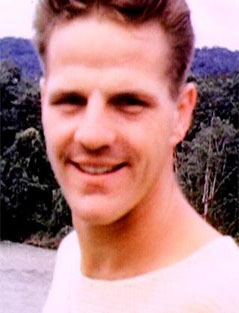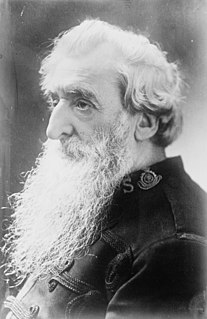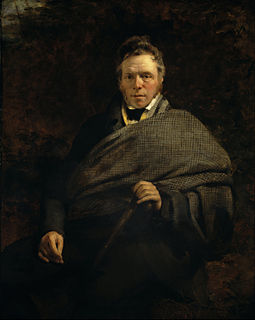A Quote by Matthew Arnold
Years hence, perhaps, may dawn an age, More fortunate, alas! than we, Which without hardness will be sage, And gay without frivolity.
Related Quotes
Muscles without strength, friendship without trust, opinion without risk, change without aesthetics, age without values, food without nourishment, power without fairness, facts without rigor, degrees without erudition, militarism without fortitude, progress without civilization, complication without depth, fluency without content; these are the sins to remember.
Perhaps if there were more of that intense distress for souls that leads to tears, we should more frequently see the results we desire. Sometimes it may be that while we are complaining of the hardness of the hearts of those we are seeking to benefit, the hardness of our own hearts and our feeble apprehension of the solemn reality of eternal things may be the true cause of our want of success.
You must be respectful and assenting, but without being servile and abject. You must be frank, but without indiscretion, and close, without being costive. You must keep up dignity of character, without the least pride of birth, or rank. You must be gay, within all the bounds of decency and respect; and grave, without the affectation of wisdom, which does not become the age of twenty. You must be essentially secret, without being dark and mysterious. You must be firm, and even bold, but with great seeming modesty.
We may live without poetry, music and art; We may live without conscience, and live without heart; We may live without friends; we may live without books; But civilized man cannot live without cooks. . . . He may live without books,-what is knowledge but grieving? He may live without hope,-what is hope but deceiving? He may live without love,-what is passion but pining? But where is the man that can live without dining?
Geology, perhaps more than any other department of natural philosophy, is a science of contemplation. It requires no experience or complicated apparatus, no minute processes upon the unknown processes of matter. It demands only an enquiring mind and senses alive to the facts almost everywhere presented in nature. And as it may be acquired without much difficulty, so it may be improved without much painful exertion.





































